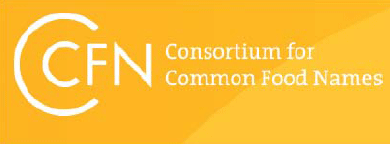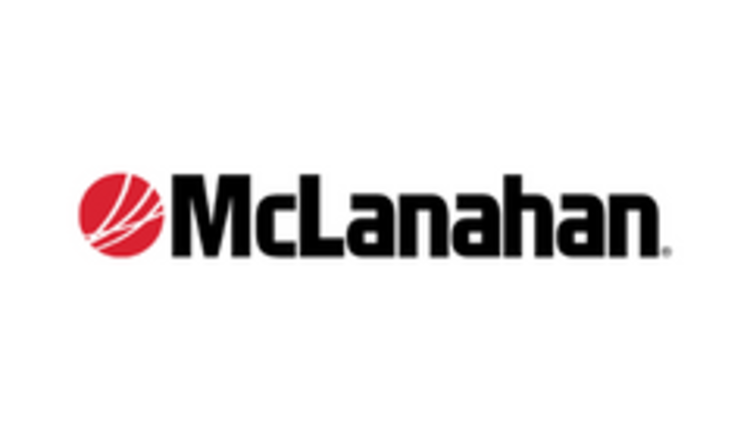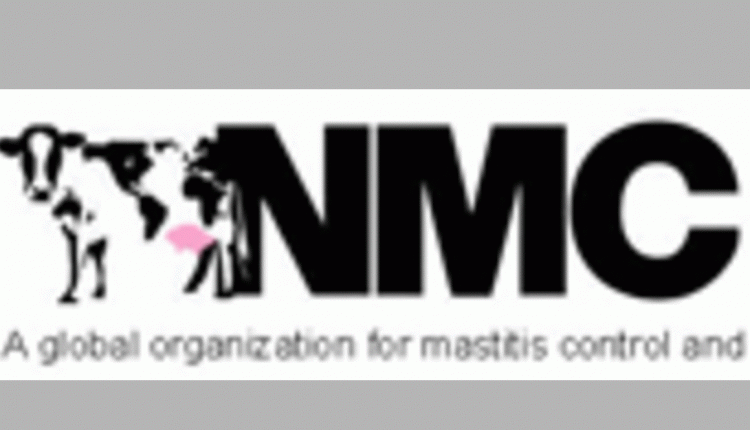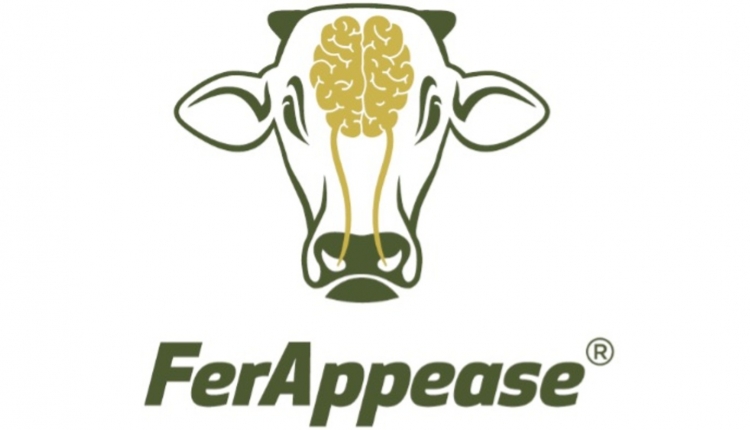
The Consortium for Common Food Names (CCFN) today applauds Ambassador Lighthizer and his team at the U.S. Trade Representative's Office, as well as the U.S. Department of Agriculture and other partners within the Administration, for denouncing the European Union's (EU) ongoing abuse of legitimate geographical indications (GI) protections to prevent the trade of common name products in its annual Special 301 Report released today.
The EU's campaign to confiscate the use of food terms in countries around the world has targeted names in common usage for generations, including generic cheese names, meat names, common descriptive terms for wine and grape varietals, among many others. The Special 301 Report states that these trade barriers "...adversely impact access for U.S. and other producers in the EU market and other markets."
"As CCFN asserted in our testimony before USTR, the EU's GI campaign is as deliberate as it is destructive. By abusing GI and intellectual property systems established in many countries, the EU's illegitimate approach to GIs has caused immense harm to agricultural producers and manufacturers alike and undermined global intellectual property protections in its singular drive to eliminate competition from accurately labeled products from around the world," CCFN Executive Director Jaime Castaneda said.
The Special 301 Report adds to the growing U.S. attention surrounding this critical issue and the ramifications of weaponizing GI protections as trade barriers. The report notes that U.S. goals include "ensuring that the grant of GI protection does not deprive interested parties of the ability to use common names, such as parmesan or feta."
USTR has made tangible strides to keep doors open for equitable competition for common food names in recent trade agreements, including USMCA and the China Phase One agreement. CCFN has asked that the U.S. government build upon this framework to secure clear and explicit commitments to protect market access for a comprehensive range of common name products in all trade negotiations moving forward.
"With its denunciation of the EU's GI barriers, the USTR has sent a firm message that it is a new day in the fight against the unfair trade practices of the European Commission and the U.S. government has a clear understanding of what's at stake for the farmers, manufacturers and consumers who produce and enjoy these well-loved common food name products," Castaneda added.
CCFN filed extensive comments to the USTR outlining the EU's problematic GI agenda and the threat it poses to common food names and intellectual property systems. CCFN also testified at a USTR-led hearing on those issues to further call USTR's attention to these challenges.
About CCFN
The Consortium for Common Food Names (CCFN) is an independent, international non-profit alliance whose goal is to work with leaders in agriculture, trade and intellectual property rights to foster the adoption of high standards and model geographical indication guidelines throughout the world. Those interested in joining can find information at www.CommonFoodNames.com.


